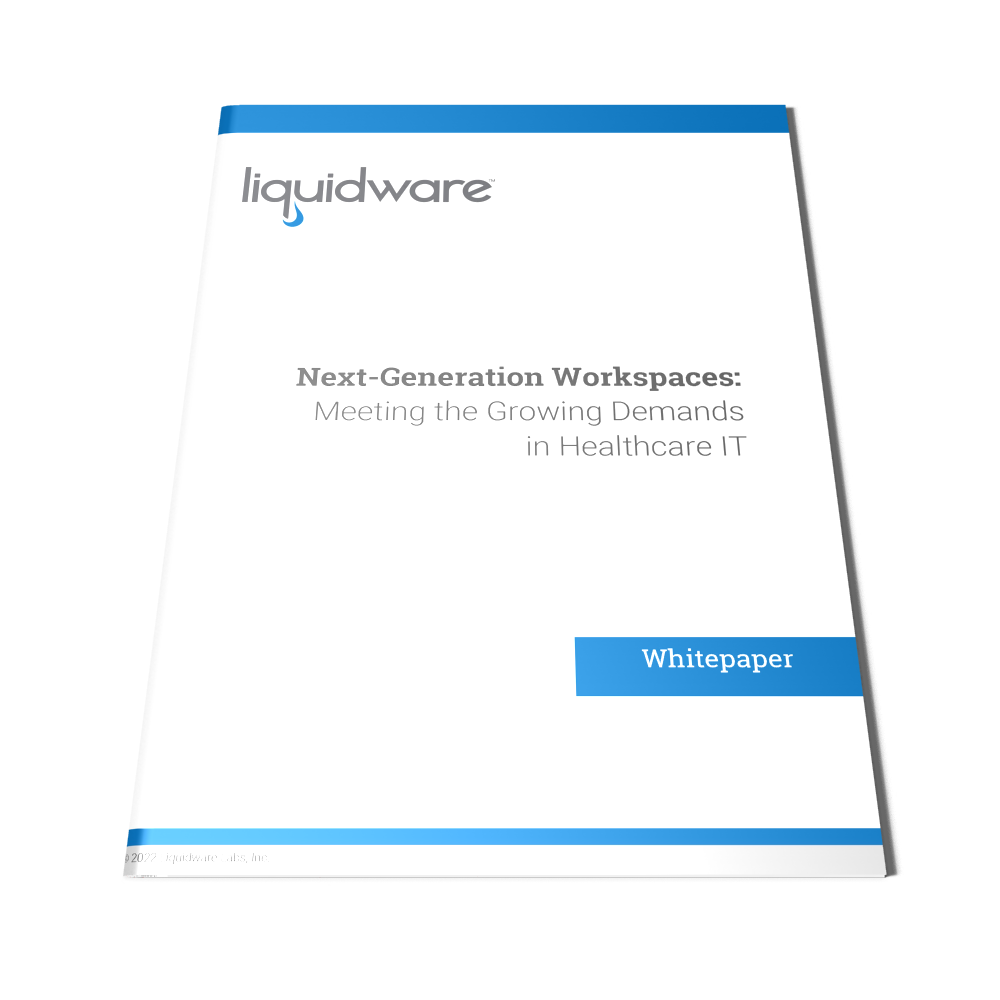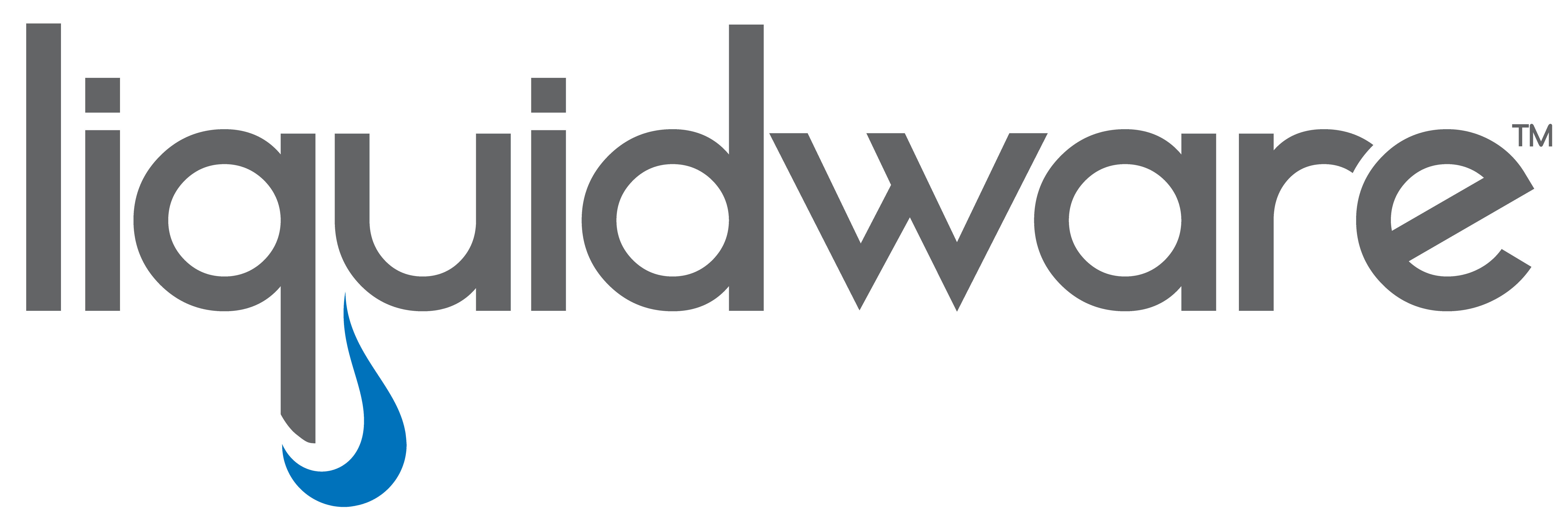WHITEPAPER
Next-Generation Workspaces: Meeting the Growing Demands in Healthcare IT
© 2023 Liquidware Labs, Inc. All Rights Reserved.
ABOUT THE WHITEPAPER
The U.S. Healthcare sector continues to accelerate the use of advanced technologies to both improve the quality of patient care and to document to U.S. agencies that these improvements are real, quantitative, and progressive. Increasingly high-tech approaches are being used to: • Provide clinicians with mobile workspaces for anytime, anywhere, any device access for 24/7/365 access to Healthcare IT systems. • Improve the accuracy of patient records by enabling point-of-care data entry. • Improve sharing of patient information across all caregiving organizations and with patients themselves. • Secure and protect patient-related data electronically in compliance with HIPAA privacy guidelines. • Deliver high performance follow-me workspaces that can easily handle the diversity of healthcare applications as well as data- and graphics-intensive software applications needed by clinicians. Since the launch of the Health Insurance Portability and Accountability Act (HIPAA) in 1996, Healthcare institutions have been required to use electronic means to collect, organize, store and share patient information while maintaining a high standard of security to safeguard patients’ privacy. Since HIPAA was enacted, the U.S. Department of Health and Human Services (HHS) continues to impose increasingly precise reporting standards to maintain reimbursement eligibility. Insurance companies, likewise, require detailed documentation from health services organizations. Finally, the majority of healthcare institutions seek to go beyond simple compliance, recognizing that precise capture, tracking and analysis of patient information leads to the superior patient care that is their overriding mission. Some trends having a significant impact on Healthcare IT Systems and Service include: • Physicians and other clinicians are seeking 24/7/365 access to their workspaces and want the flexibility to enter data not only at the point of care, but also after-hours, using their own devices outside the Healthcare setting. • The Healthcare industry is increasingly under attack by cybercriminals at a higher rate than any other sector. Given, too, that clinicians want to use their personal devices for work, healthcare is increasingly deploying identity management, multi-factor authentication and encryption practices as well as leveraging virtualization technologies to prevent hackers from gaining access to systems. • Patients increasingly expect to gain access to their personal healthcare information through electronic means, including healthcare portals.
REGISTER

